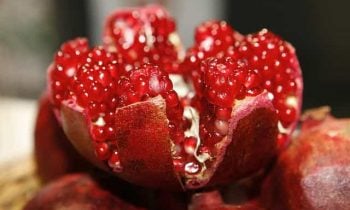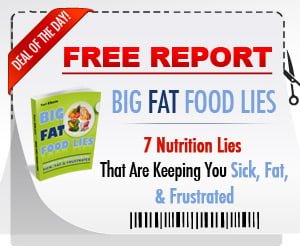Many children suffer from asthma and most parents believe the best way to deal with it is through an inhaler. But a growing body of research has shown that diet can improve asthma symptoms naturally.
Vitamin D
A recent study of African-American children with asthma showed they all had low levels of vitamin D, and boosting their levels improved their symptoms.
Vitamin D is actually a hormone produced within the body and required in a range of bodily functions, most notably proper growth and development, particularly of bones. It is manufactured within the body through exposure to sunlight. It can also be supplemented.
Vitamin D is found in many fortified foods, including cow milk, soy milk and cereals, but many of these foods can trigger allergic reactions too. They can also be expensive, such as fortified orange juice. The best solution is 15 minutes of exposure to natural sunlight each day. Wear sunscreen with an SPF of 30 to protect against the harmful rays of the sun.
Add Omega-3 fatty acids
These boost the immune system and reduce inflammation in the body. They can be eaten in fatty fish like salmon and tuna and in flax seed and walnuts. Fish oil supplements can help if your child does not like fish or is allergic to nuts. Try krill oil, which is rich in Omega-3s and very pure compared to many commercial fish oils.
Avoid Omega-6 fatty acids
The food industry wants to run as profitably as possible, which means using cheap ingredients they know will be ‘addictive’. Fats are one such class of ingredient. The fast food industry thrives on it (along with sugar and salt). Avoid ‘vegetable oil’, corn, soy and safflower oils. Opt for extra virgin olive oil or canola oil instead, in small quantities.
Beware of dairy
Dairy products have been associated with inflammation in the body and are known triggers for asthma attacks. Switch to organic unsweetened soy milk fortified with vitamin D, and soy yogurts. You can also try other non-dairy milks such as almond, cashew, hemp or oat. Just watch the sugar content.
Watch out for allergy season
Hay fever from plant pollen starts in early spring, tree pollen around June and ragweed in the early fall. Honey that has been gathered locally within a 30 mile radius of your home can reduce allergic reactions and most children love the last. Use in small amounts in natural desserts.
The herb butterbur has also been proven to help soothe inflammation and treat coughs, asthma and even migraines. Butterbur appears to work as a natural antihistamine, and has few side effects even in large doses.
Try these dietary measures, note your results in an asthma diary and see if your child’s asthma symptoms improve.


 Diabetes Treatment & Prevention
Diabetes Treatment & Prevention 5 Healthy Habits
5 Healthy Habits Aging too Fast?
Aging too Fast? Is Coffee Bad for You?
Is Coffee Bad for You? Natural Remedies
Natural Remedies